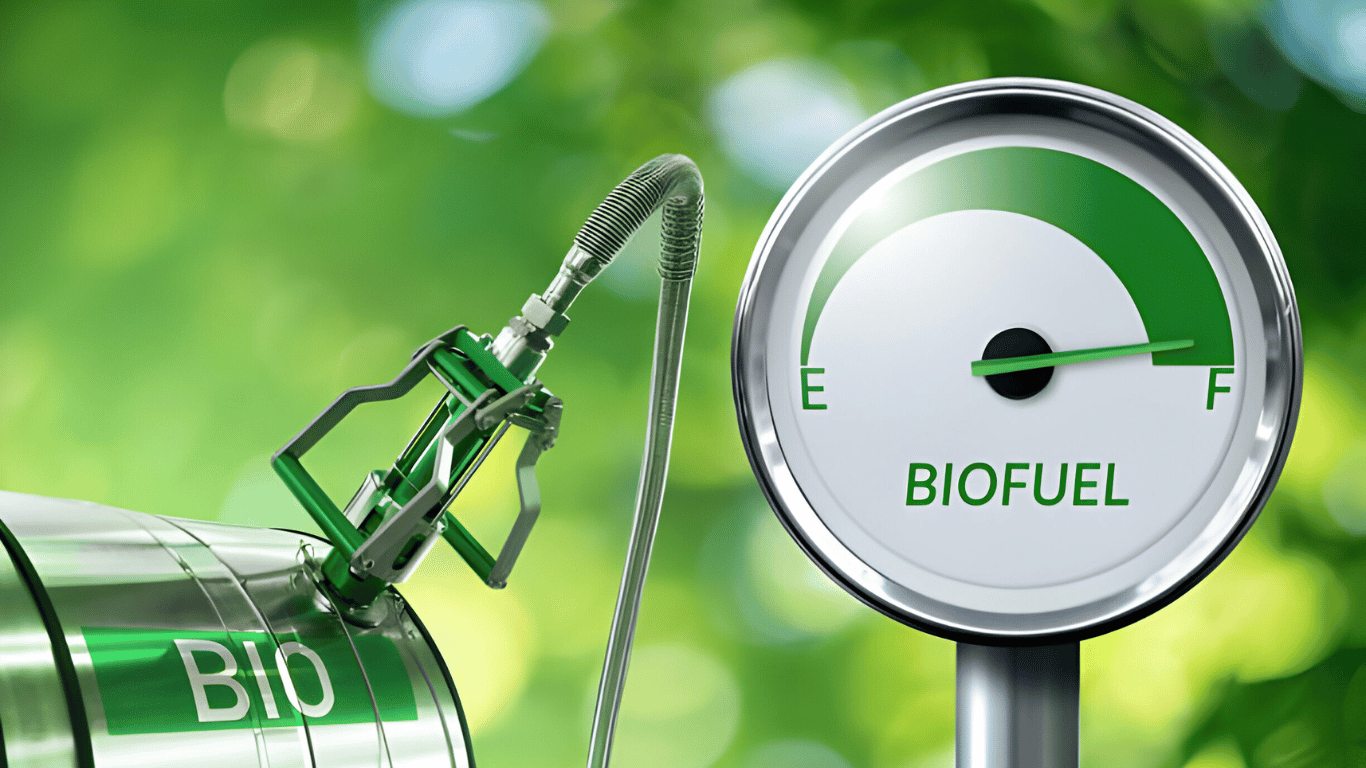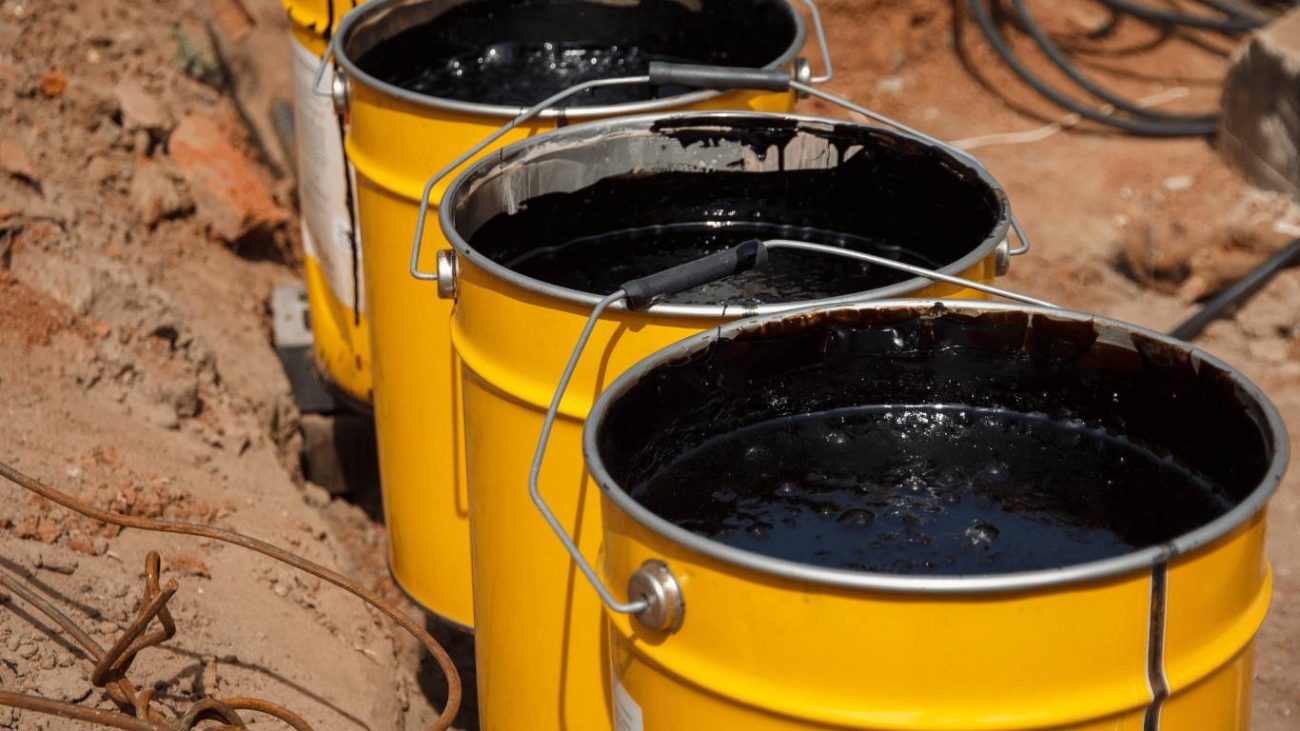Brazil has established itself as a prominent international player in the field of renewable energy, and its ethanol sector serves as an exemplary illustration of sustainable innovation. Amidst current global attention and concerns regarding energy security and climate change, Brazil has solidified its status as a crucial participant. However, to what extent does biofuel production compete on the Brazilian market? In the subsequent analysis, we shall scrutinise the production environment, the competitive edge, the obstacles encountered, and the influence of the sector, while also illuminating the prospective trajectory of this crucial element of the Brazilian economy and the worldwide energy industry.
Biofuel Production Landscape in Brazil
Biofuels have historically been a significant industry in Brazil. The country continues to be the second-largest consumer and producer of ethanol globally, producing it predominantly from sugarcane. It is also a pioneer in the production of this renewable fuel. Brazil is particularly noteworthy for its status as the sole major provider of ethanol derived primarily from sugar, with a production capacity exceeding 25% of the worldwide ethanol gasoline supply.
A Historical Gem
The origins of the Brazilian biofuel sector can be identified in the mid-20th century, a period marked by governmental support for the expansion of the sugar cane industry. Consequently, Brazil presently possesses an advanced network for the production of biofuels. Sustained emphasis by the nation on renewable energy sources and carbon emission reductions contributes to the industry’s state of the art in bioenergy innovation.
Production Varieties and Regions
Particular biofuels do not exist in Brazil. The diverse sector revolves around the manufacturing of numerous varieties of biofuels, ethanol and biodiesel being particularly prominent. The majority of production is concentrated in areas characterised by favourable climatic and soil conditions, with the state of São Paulo exhibiting the highest concentration. Brazil’s extensive arable land and tropical climate render it highly suitable for the large-scale cultivation of sugarcane, which serves as the principal constituent in ethanol.
Global Market Standing
The importance of Brazil’s contribution to the global biofuel market cannot be overstated. The country’s extensive manufacturing capacities serve not only domestic needs but also make a significant contribution to global trade. Brazil’s bio-fuel exports are of significant importance on the international energy market, guaranteeing the nation’s position among the leading exporters of biofuels.

Competitive Advantages
The Brazilian biofuel industry has achieved global prominence due to its reliance on a number of crucial advantages.
Natural Resources Abound
The warm climate and vast, fertile terrain of Brazil create the ideal conditions for cultivating the commodities required for biofuel manufacturing. Particularly robust in this environment, sugarcane produces substantial quantities of bioethanol with a high energy content.
Industrial Infrastructure
Brazil has developed a robust biofuel production infrastructure after decades of investment and expansion. The nation is endowed with cutting-edge technologies for the refining of bio-fuels, a resilient transportation infrastructure for the distribution of said fuel, and an effective nationwide network of biofuel stations.
Government Support
The value of biofuels has been widely acknowledged by Brazilian authorities, which have consistently enacted policies that provide support for the sector. Tax incentives for bio-fuel production and the establishment of a legal framework that regulates and promotes industry sustainability are among these measures.
Challenges and Limitations
An industry cannot exist devoid of challenges. The bio-fuel industry in Brazil faces a number of obstacles that have the potential to affect its competitive standing.
Environmental Considerations
The environmental practices employed in the sugarcane industry have been the subject of controversy, particularly concerning the clearance of indigenous vegetation to make way for cultivation and the application of agrochemicals. It is critical that these issues be resolved if the industry is to preserve its sustainability reputation and competitive advantage.
Technological Hurdles
Despite being a highly developed sector, the biofuel industry in Brazil still requires ongoing innovation and the incorporation of novel technologies in order to increase efficiency and decrease expenses. Furthermore, extensive implementation of second-generation biofuels—a subject of considerable interest in numerous global markets—necessitates substantial financial investments and research.
Economic Volatility
Price fluctuations in the biofuel sector, similar to other commodity markets, have the potential to affect profitability. Alterations in worldwide oil prices and trade policies have the potential to impact the demand for bio-fuels, thereby presenting producers with a dynamic market landscape to navigate.

Impact on Sustainability
The biofuel industry’s impact on sustainability extends far beyond reducing greenhouse gas emissions.
Carbon Footprint Reduction
Bio-fuels play a pivotal role in mitigating CO2 emissions, particularly when compared to their fossil fuel counterparts. The Brazilian bioethanol industry, for instance, significantly reduces the carbon footprint when utilized in vehicles, which directly contributes to the global effort to combat climate change.
Socio-Economic Benefits
The biofuel industry has profound effects on the economy, with job creation and a stable income for rural communities being two of the most immediate benefits. As a renewable energy, bio-fuel production also assures greater energy security and independence for the nation.
Social Implications
With subsistence farmers often being the backbone of the bio-fuel crop supply chain, the industry has the potential to empower these communities. However, it is essential for the sector to approach development in an inclusive and fair manner to ensure that these stakeholders reap the benefits equitably.
Future Outlook
The future of biofuel in Brazil appears promising, with significant room for growth and potential for revolutionary advancements in production and consumption.
A Growth Sector
Biofuel production in Brazil continues to develop, and the country is well-positioned to become an even larger global supplier. As the world searches for cleaner, more sustainable energy sources, Brazil’s bio-fuel industry is poised to play an increasingly important role.
Technological Innovation
Investment in research and development remains critical for the sector. By innovating new processes and technologies, such as cellulosic ethanol production and integrated biorefineries, Brazil can maintain its competitive advantage and at the same time, enhance sustainability practices.
Emerging Trends
Trends such as sustainability certification, increased corporate responsibility, and the convergence of digital technologies with bio-fuel production are influencing the industry’s trajectory. These evolving dynamics will likely characterise the competitiveness of the Brazilian market and its role in the global energy transition.
Conclusion
The competitive position of Brazil’s biofuel product is robust and perpetually evolving. With a long history of commitment to renewable energy, combined with a favorable terrain for bio-fuel products, Brazil poses as a strong contender in the global request. Despite challenges, the assiduity’s significant donation to sustainability, profitable growth, and job creation solidifies its vital role in the nation’s future.
For sustainability suckers and bioenergy professionals likewise, Brazil’s biofuel assiduity offers a bounty of interest and occasion. As consumers and businesses worldwide pursue greener druthers , the significance of Brazil’s bio-fuel request can not be exaggerated. It’s evident that biofuels represent a crucial chapter in the story of Brazil’s sustainable future, and the time to engage with this narrative is now.
Napoli casino


